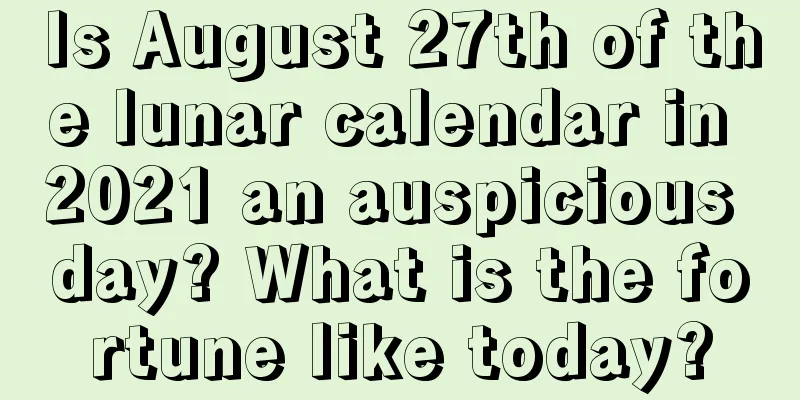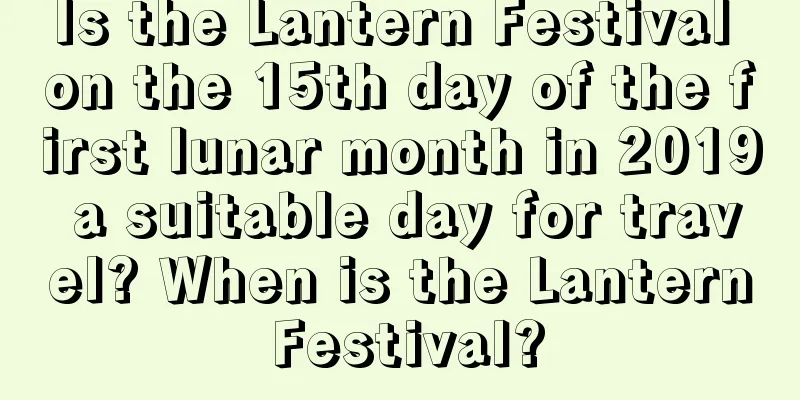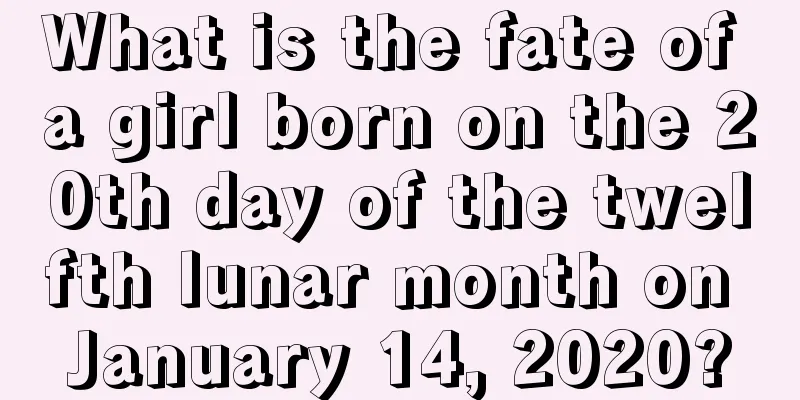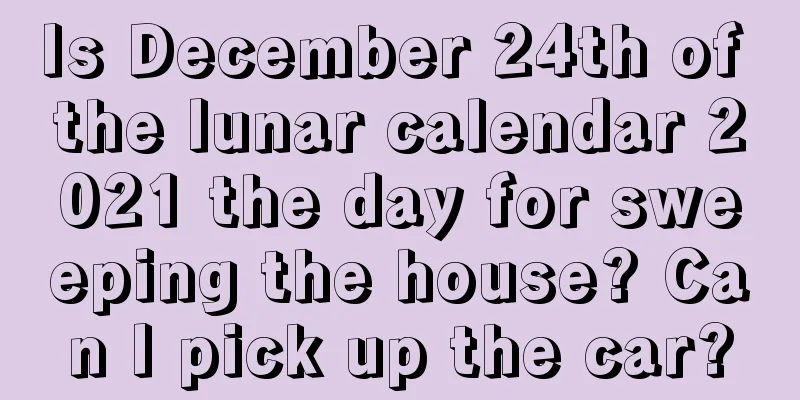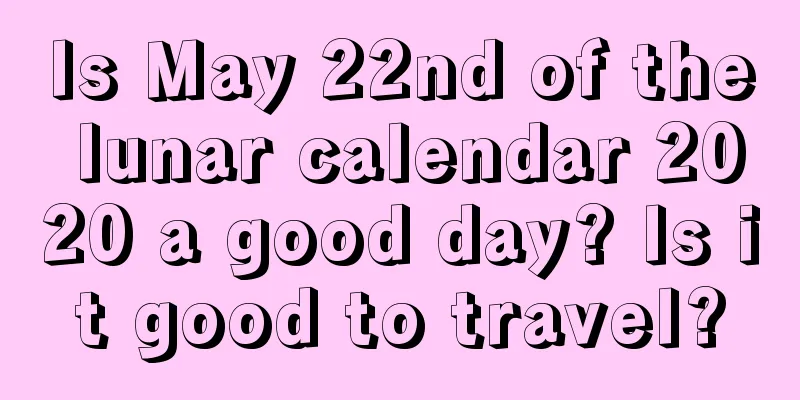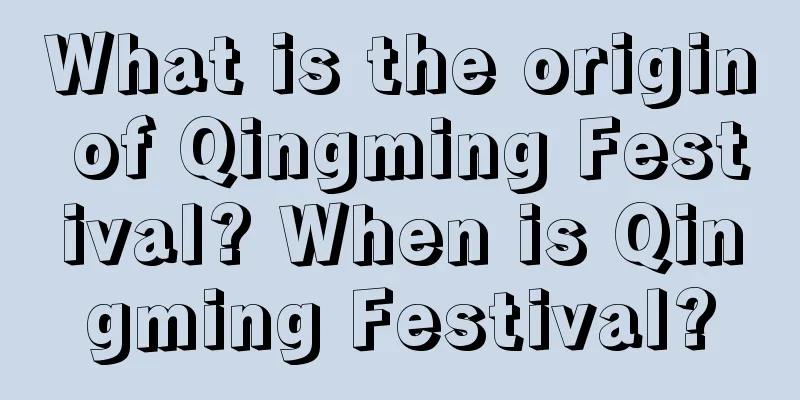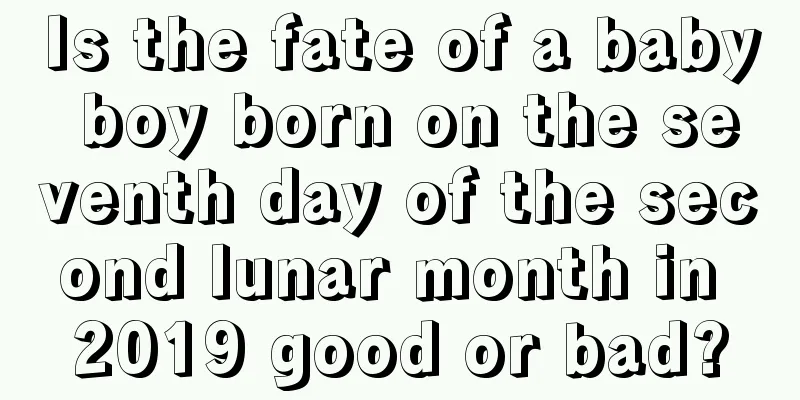What are the folk customs of Jingzhe? What is the saying about the thunder during the Waking of Insects?
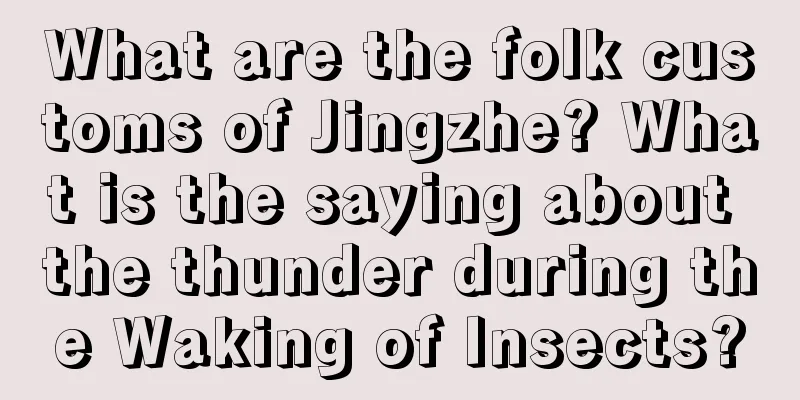
After the joyous Spring Festival, we are about to usher in Jingzhe, one of the 24 solar terms in my country. The arrival of Jingzhe is often accompanied by spring rain, so there are many things to pay attention to. So what are the folk customs of Jingzhe? If you want to know more about the first month of the lunar calendar in 2018, please pay attention to our fortune teller website!What are the folk customs of Jingzhe?Offering sacrifices to the White Tiger to resolve disputes <br /> According to Chinese folklore, the White Tiger is the god of gossip and disputes. It comes out every year on this day to hunt for food and bite people. If you offend this, you will often encounter evil villains who will cause trouble for you throughout the year, hinder your future development, and cause all kinds of misfortunes. In order to protect themselves, people offered sacrifices to the White Tiger on the day of Jingzhe. The so-called white tiger sacrifice refers to the worship of a white tiger drawn on paper. The paper tiger is usually yellow with black stripes, and has a pair of fangs painted on the corners of its mouth. During worship, the paper tiger is fed with fat pig blood so that after it is full it will not speak ill of others. Then raw pork is smeared on the mouth of the paper tiger so that it is filled with oil and water and it cannot open its mouth to speak ill of others.Eating pears during the Waking of Insects <br /> There is a folk custom of "eating pears during the Waking of Insects". There is no trace as to when the custom of eating pears during the Waking of Insects season originated, but the people of Qi County have such a story that has been passed down from generation to generation. Legend has it that the Qu family, a well-known Shanxi merchant family, was descended from Qu Ji, a native of Changzi County, Shangdang. In the early years of Hongwu in the Ming Dynasty, he brought his two sons, Xin and Yi, and traded Shangdang's Lu hemp and pears for Qi County's coarse cloth and red dates. He traveled back and forth between the two places to make a profit. Over time, he saved some money and settled down in Qi County. During the reign of Emperor Yongzheng, the fourteenth generation Qu Baichuan left for the west on the day of Jingzhe. His father took out a pear and asked him to eat it, saying that his ancestors started a business by selling pears, experienced hardships, and settled in Qi County. Today is the Jingzhe day for you to leave for the west, and eating pears means that you will not forget your ancestors and work hard to start a business to bring honor to your family. Qu Baichuan went to the west to do business and became rich, and named the business he opened "Changyuanhou". Later, those who went west also followed suit and ate pears, mostly with the intention of "leaving home to start a business." Even later, pears were eaten on the Waking of Insects Day, with the idea of "working hard to honor ancestors." Cover the drum skin <br /> The Waking of Insects is caused by thunder. The ancients imagined that the Thunder God was a great god with a bird's beak, a human body and wings. He held a hammer in one hand and struck many celestial drums surrounding his body with the other hand, making a rumbling thunder. On the day of Jingzhe, the god of thunder beats the celestial drum in heaven, and people on earth also use this opportunity to cover the drum skins. In the "Zhou Li" Volume 40 "Hui Ren" it says: "All the beating of drums must be on the day of the awakening of hibernation." Note: "The awakening of hibernation is the first month of spring, when hibernating insects begin to move upon hearing thunder; drum is the symbol; and mao means covering the drum with leather." It can be seen that not only the ecology of insects is in harmony with the movement of the four seasons, but humans, the most intelligent creatures on earth, must also follow the will of heaven so that everything can be done with twice the result with half the effort. Beating the villain <br /> The Waking of Insects symbolizes the beginning of February. It is like a thunderclap that awakens all hibernating snakes, insects, rats and ants. The reptiles and ants in the house will respond and start looking for food everywhere. Therefore, in ancient times, on the day of Jingzhe, people would hold fragrant incense and mugwort and fumigate the four corners of their homes to use the fragrance to drive away snakes, insects, mosquitoes, rats and musty smells. Over time, this gradually evolved into a habit of those who were unhappy slapping their opponents and driving away bad luck, which is the predecessor of "beating the villain". Therefore, an interesting scene would appear on the day of Jingzhe every year: a woman would hit a paper doll with a wooden slipper while chanting a spell to beat the little man: "I'll beat your head until you are breathless and trembling, and I'll beat you until you vomit even your relatives." "Qian Jin Yue Ling" said: "On the day of Jingzhe, take lime and sprinkle it outside the door threshold to kill insects and ants." Lime originally has the effect of killing insects. On the day of Jingzhe, it is sprinkled outside the door threshold. It is believed that insects and ants will not dare to come to the door for a year. This is the same as shaking clothes when hearing thunder. Both give insects a warning when they come out of hibernation, hoping that pests will not come to harass you. Expressing inner resentment <br /> Many people have deified "beating villains", but in fact, this is purely a folk custom. The purpose of beating villains is to drive away the villains and plague gods around you by beating the paper dolls representing the enemy, and to vent inner dissatisfaction. Most people beat villains to pray for everything to go well in the new year, without villains causing trouble. The targets of "beating" are mainly mistresses and "golden fingers" at work. The purpose of beating villains is to make them give up and vent their inner resentment. What is the saying about the thunder during the Waking of Insects?Jingzhe falls at the time when winter turns to spring, when spring air begins to stir and cold air activities are still very frequent. If there is thunder before the "Qingzhe", it means that spring air has arrived early and the warm and humid air currents are very active. When the cold and warm air currents converge, continuous rainy weather is likely to occur.The thunder during the Waking of Insects is the most noticeable. For example: "If there is thunder before the Waking of Insects, the clouds will not clear for forty-nine days." The Jingzhe solar term is when the weather suddenly gets cold and warm. Proverbs that predict the later weather based on the temperature include: "Cold Jingzhe, warm Spring Equinox" etc. The wind during the Jingzhe Festival is also used as a basis for predicting the weather in the later period. For example, "If the north wind blows during the Waking of Insects, winter will start all over again" and "If the south wind blows during the Waking of Insects, the seedlings will be planted late." Modern meteorological science shows that the reason why there are occasional thunders before and after the "Qingzhe" is that the humidity on the ground gradually increases, causing the heat near the ground to rise or the hot and humid air moving northward is stronger and more active. Judging from the natural phenological processes in various parts of my country, due to the large north-south span, the time when spring thunder begins varies. Thunder can be heard in southern Yunnan around the end of January, while the first thunder day in Beijing is in late April. The saying that "thunder begins with the Waking of Insects" only coincides with the climate patterns along the Yangtze River basin. In ancient my country, Jingzhe was divided into three stages: "The first stage is when peach blossoms begin to bloom; the second stage is when orioles sing; the third stage is when eagles turn into doves." This describes the season when peach blossoms turn red, plum blossoms turn white, orioles sing, and swallows fly, and most areas have entered the period of spring ploughing. When various insects hibernating in the soil are awakened, the eggs that have hibernated begin to hatch. This shows that Jingzhe is a solar term that reflects natural phenological phenomena. |
<<: Is the Jingzhe Festival in 2018 a good day? Is it an auspicious day?
>>: How should we drink tea to maintain health during the Jingzhe period?
Recommend
Is the tenth day of the third lunar month in 2017 a good day? Is it suitable for marriage?
Introduction: March is the season of spring romanc...
Which season is Cold Dew? What does it mean when Cold Dew comes to dusk and you feel sad about wearing too little?
Introduction: Cold Dew is one of the 24 solar term...
Query of the auspiciousness and inauspiciousness of each hour on the ninth day of the sixth lunar month in 2020
The sixth month in the lunar calendar is the firs...
Is the 29th day of the 12th lunar month (Little New Year’s Eve) of 2020 a good day? Can the funeral be held?
The quality of every day is different, so let’s ta...
Is it good to burn incense and pray for blessings during the Cold Dew Festival in 2018? What should we pay attention to when praying for blessings during the Cold Dew Festival?
Introduction: Burning incense and praying for bles...
What is the zodiac sign for the third day of April in the lunar calendar of 2020? What is the personality of the person born?
The time of your birth is the position of the sun ...
Is it auspicious to travel on the seventh day of the tenth lunar month in 2019? Is today an auspicious day for travel?
Introduction: In our country's traditional cul...
Analysis of the date of April 26th in the lunar calendar in 2021: Is it a good day to get engaged?
The pros and cons of getting engaged at different ...
When is National Day in 2021? What needs to be done on the day?
On National Day, every country holds celebrations ...
What is the origin of the custom of releasing river lanterns during the Beginning of Autumn? Why do we release river lanterns during the Beginning of Autumn?
Introduction: China is an ancient country with a l...
Is it good for people born in the Year of the Ox to give birth during the Ghost Festival? What are the taboos for people born in the Year of the Ox in the Ghost Month?
The Zhongyuan Festival, also known as the Ghost Fe...
Is October 12, 2022, an unlucky day? Is this day a good day?
Sometimes we are faced with situations where we ar...
Is it okay to get married on the 23rd day of the seventh lunar month in 2017? Can I get engaged and register for a marriage certificate?
1. What day is July 23rd in the lunar calendar of...
What are some things to note during the Summer Solstice? Where is the God of Fortune in the 2019 Summer Solstice?
June 21st of every year is the summer solstice. Wh...
What is the fate of a baby born in August of the lunar calendar in 2022? Which day is the best for life?
What is the fate of a baby born in August of the l...
